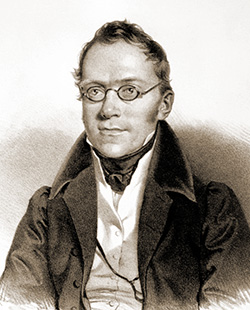I just want to say congratulations to Rohan who participated in the Achievement Program in Atlanta, GA this past weekend. We are now waiting on pins and needles to hear how you did. You were well prepared and worked very consistently in your lessons while preparing for this event.
A big thanks to Rohan’s mom who drove him to Atlanta and back in one day.
I would like to encourage teachers in western North Carolina to participate in this event so we can earn a testing center here in Charlotte! Visit www.theachievementprogram.coorg for more information.





